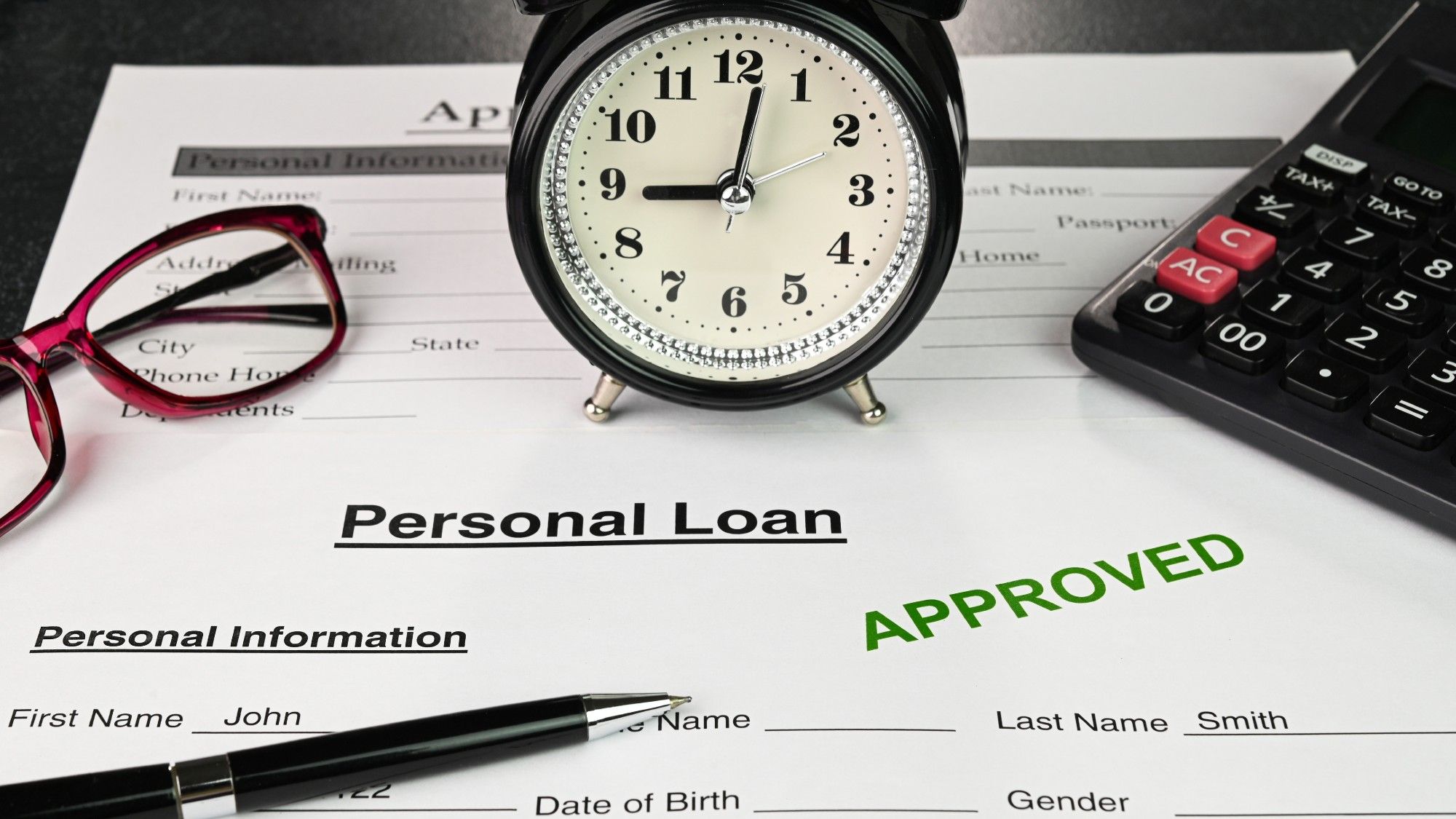By Becca Stanek
Copyright theweek

Personal loans and credit cards both allow you to borrow money, whether for a large purchase that you do not want to pay for all at once or an emergency expense. But beyond their broad usability, personal loans and credit cards have some major differences. Understanding what those differences are, and the unique pros and cons of personal loans vs. credit cards, can help you better assess which one is the right fit for your purposes.
What is the difference between a personal loan and a credit card?
A personal loan is an installment loan in which you receive the full amount in a lump sum upfront. You will then repay that amount in a series of fixed monthly payments, plus interest, over a set period, often years. This offers a sense of predictability, making payments easier to budget for.
A credit card is also a type of loan, but it’s a revolving loan. Rather than receiving a lump sum upfront, you have a borrowing limit. You can continue to borrow, up to that limit, and then repay the balance, again and again. Credit cards also charge interest, but “you pay interest only on the funds you use,” and “you can avoid paying any interest at all if you pay your balance in full each month,” said Investopedia. Monthly payments are less predictable because they vary depending on your balance and the accrual of interest charges.
When does a personal loan make sense?
A personal loan can make sense “if you know how much you need to borrow and can afford to make monthly payments for your full loan term,” said Yahoo Finance. They can also be the superior option for debt consolidation, as personal loans “usually have lower rates than credit cards.”
Where a personal loan may make less sense is “for smaller expenses that you could pay from your savings or by the end of your credit card’s grace period, since there’s no way to avoid interest with a personal loan,” said Bankrate.
When is a credit card a better option?
A credit card could make sense if you “have good or excellent credit and you’re unsure exactly how much you need to spend,” said Yahoo Finance. This is the borrowing option you will generally want to tap for “responsible everyday spending” — think small charges like a trip to the grocery store or a fill-up at the gas station — especially since cards “have rewards systems for frequent use,” said Bankrate.
Ultimately, what is crucial with a credit card is ensuring you can pay off your balance quickly, ideally never carrying a balance at all to avoid paying interest. Otherwise, “if you know that you won’t be able to pay off a balance for a long time, financing a purchase on a credit card will cost much more money in the long run than it would to pay for it using a personal loan,” said Business Insider.